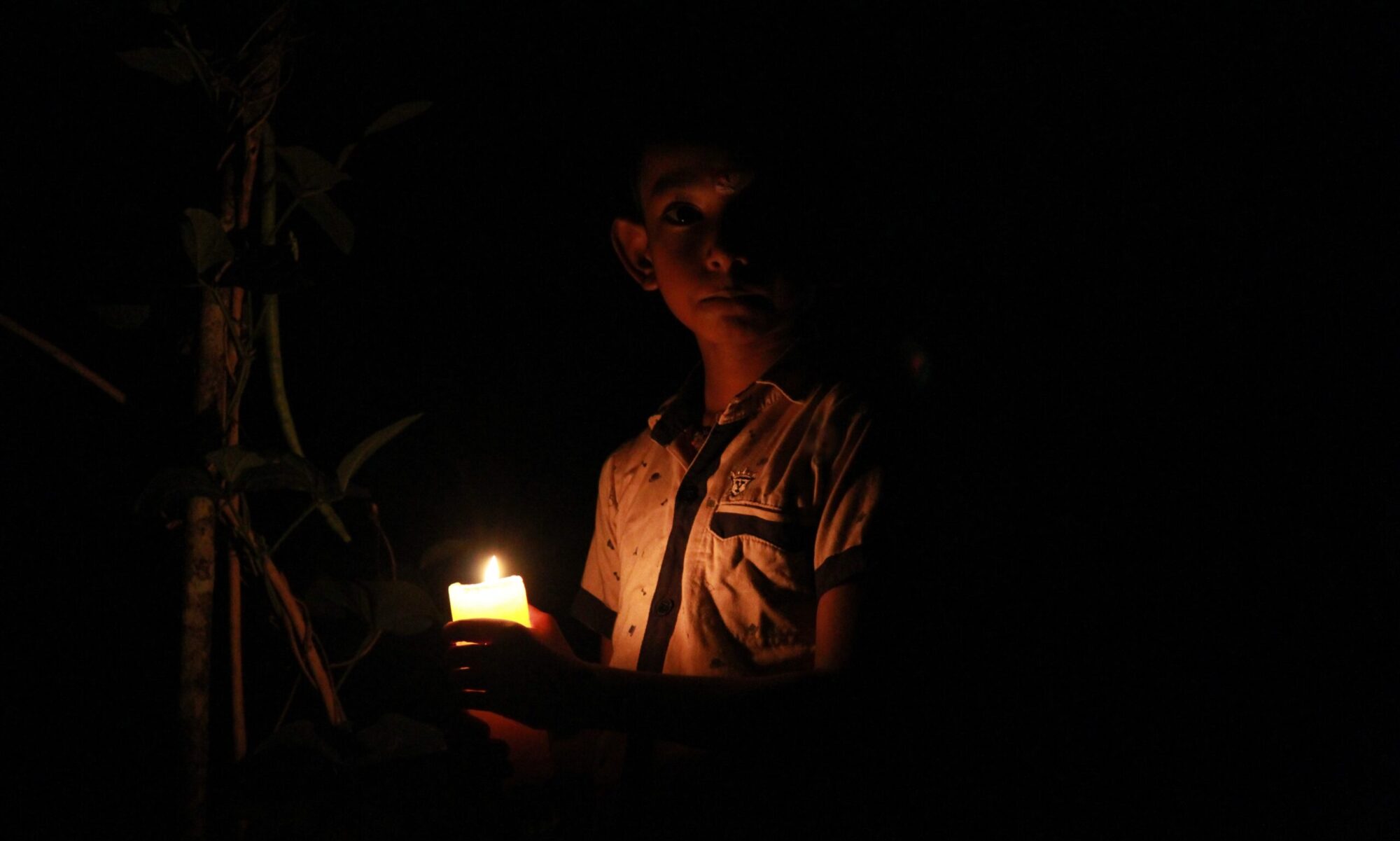I once had a Benedictine monk involved in the RCIA program, and he so enjoyed the learning, the formation, the community of new Church members that it overwhelmed him. I did not know how much until the final celebration gathering. The brother offered to bring dessert to our common meal. He arrived driving a station wagon and proceeded to deliver a full dessert for each RCIA member. We had sixteen people! Pies, cakes, cheesecakes, tortes, baked Alaska, and so on imprinted a caloric enthusiasm and memory! How sweet it was! Alas, it was a “leftovers event.” Like today.
At the conclusion of our Novena, Fr. Mike’s “wrap-up” thematic reflection arrives with this same enthusiastic fervor as my brother monk. He shares what our Novena team had as an addendum to our theme: God’s love never fails. Then he reiterates the eight presenters’ wonderful, insightful images of God’s slow work as experienced in their lives and their chosen form of sense-meaning. Listen to Fr. Mike evince the close relationship among trust, patience and hope. He quotes William Stafford’s (among other poetic desserts) poem The Way It Is and connects his words… “don’t ever let go of the thread” to our trust in God’s love.
“No matter what, God will keep loving you.” His images from organic birth and regeneration, like seed and butterfly emergence, mirrored what his fellow presenters had given as oblation in slowly discovering how and where God was operative in their suffering. All of us in this Novena agree with what William Stafford said in another poem: “Listening, I think that’s what the earth says.”
Note: For some unknown reason, our livestreaming capability was not operative today, but the Mass was recorded and can be viewed above. We are sorry for those who tried to attend with us online. We cannot see you, but in spirit, we are as Fr. Mike says, una voce in our prayer of praise and thanksgiving to our God. Breathe in kindness and our hope to see you in person as living bridges form to connect us.
